Matt Tomlinson - God Is Samoan: Dialogues between Culture and Theology in the Pacific
Here you can read online Matt Tomlinson - God Is Samoan: Dialogues between Culture and Theology in the Pacific full text of the book (entire story) in english for free. Download pdf and epub, get meaning, cover and reviews about this ebook. year: 2020, publisher: University of Hawaii Press, genre: Religion. Description of the work, (preface) as well as reviews are available. Best literature library LitArk.com created for fans of good reading and offers a wide selection of genres:
Romance novel
Science fiction
Adventure
Detective
Science
History
Home and family
Prose
Art
Politics
Computer
Non-fiction
Religion
Business
Children
Humor
Choose a favorite category and find really read worthwhile books. Enjoy immersion in the world of imagination, feel the emotions of the characters or learn something new for yourself, make an fascinating discovery.
- Book:God Is Samoan: Dialogues between Culture and Theology in the Pacific
- Author:
- Publisher:University of Hawaii Press
- Genre:
- Year:2020
- Rating:4 / 5
- Favourites:Add to favourites
- Your mark:
God Is Samoan: Dialogues between Culture and Theology in the Pacific: summary, description and annotation
We offer to read an annotation, description, summary or preface (depends on what the author of the book "God Is Samoan: Dialogues between Culture and Theology in the Pacific" wrote himself). If you haven't found the necessary information about the book — write in the comments, we will try to find it.
Christian theologians in the Pacific Islands see culture as the grounds on which one understands God. In this pathbreaking book, Matt Tomlinson engages in an anthropological conversation with the work of contextual theologians, exploring how the combination of Pacific Islands culture and Christianity shapes theological dialogues. Employing both scholarly research and ethnographic fieldwork, the author addresses a range of topics: from radical criticisms of biblical stories as inappropriate for Pacific audiences to celebrations of traditional gods such as Tagaloa as inherently Christian figures. This book presents a symphony of voicesengaged, critical, propheticfrom the contemporary Pacifics leading religious thinkers and suggests how their work articulates with broad social transformations in the region.
Each chapter in this book focuses on a distinct type of culturally driven theological dialogue. One type is between readers and texts, in which biblical scholars suggest new ways of reading, and even rewriting, the Bible so it becomes more meaningful in local terms. A second kind concerns the state of the church and society. For example, feminist theologians and those calling for prophetic action on social problems propose new conversations about how people in Oceania should navigate difficult times. A third kind of discussion revolves around identity, emphasizing what makes Oceania unique and culturally coherent. A fourth addresses the problems of climate change and environmental degradation to sacred lands by encouraging eco-theological awareness and interconnection. Finally, many contextual theologians engage with the work of other disciplines prominently, anthropologyas they develop new discourse on God, people, and the future of Oceania.
Contextual theology allows people in Oceania to speak with God and fellow humans through the idiom of culture in a distinctly Pacific way. Tomlinson concludes, however, that the most fruitful topic of dialogue might not be culture, but rather the nature of dialogue itself. Written in an accessible, engaging style and presenting innovative findings, this book will interest students and scholars of anthropology, world religion, theology, globalization, and Pacific studies.
Matt Tomlinson: author's other books
Who wrote God Is Samoan: Dialogues between Culture and Theology in the Pacific? Find out the surname, the name of the author of the book and a list of all author's works by series.

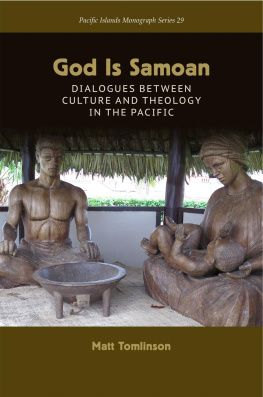

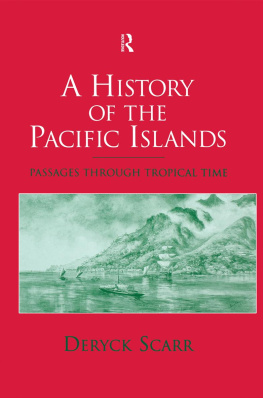
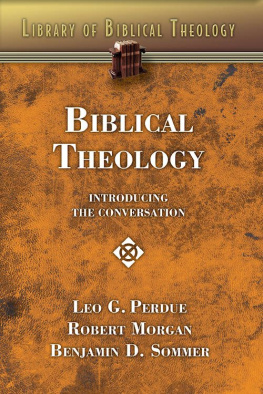
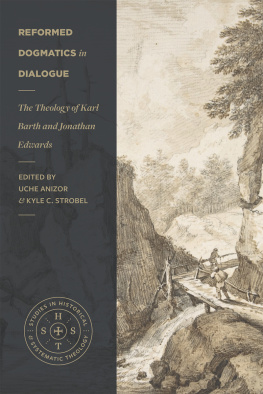
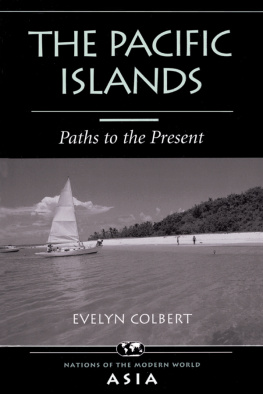
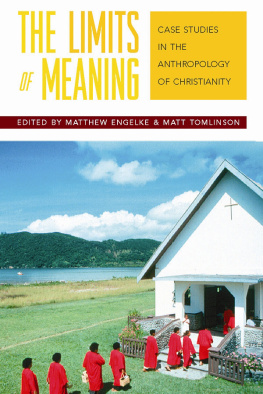
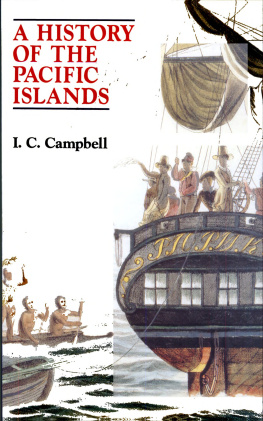
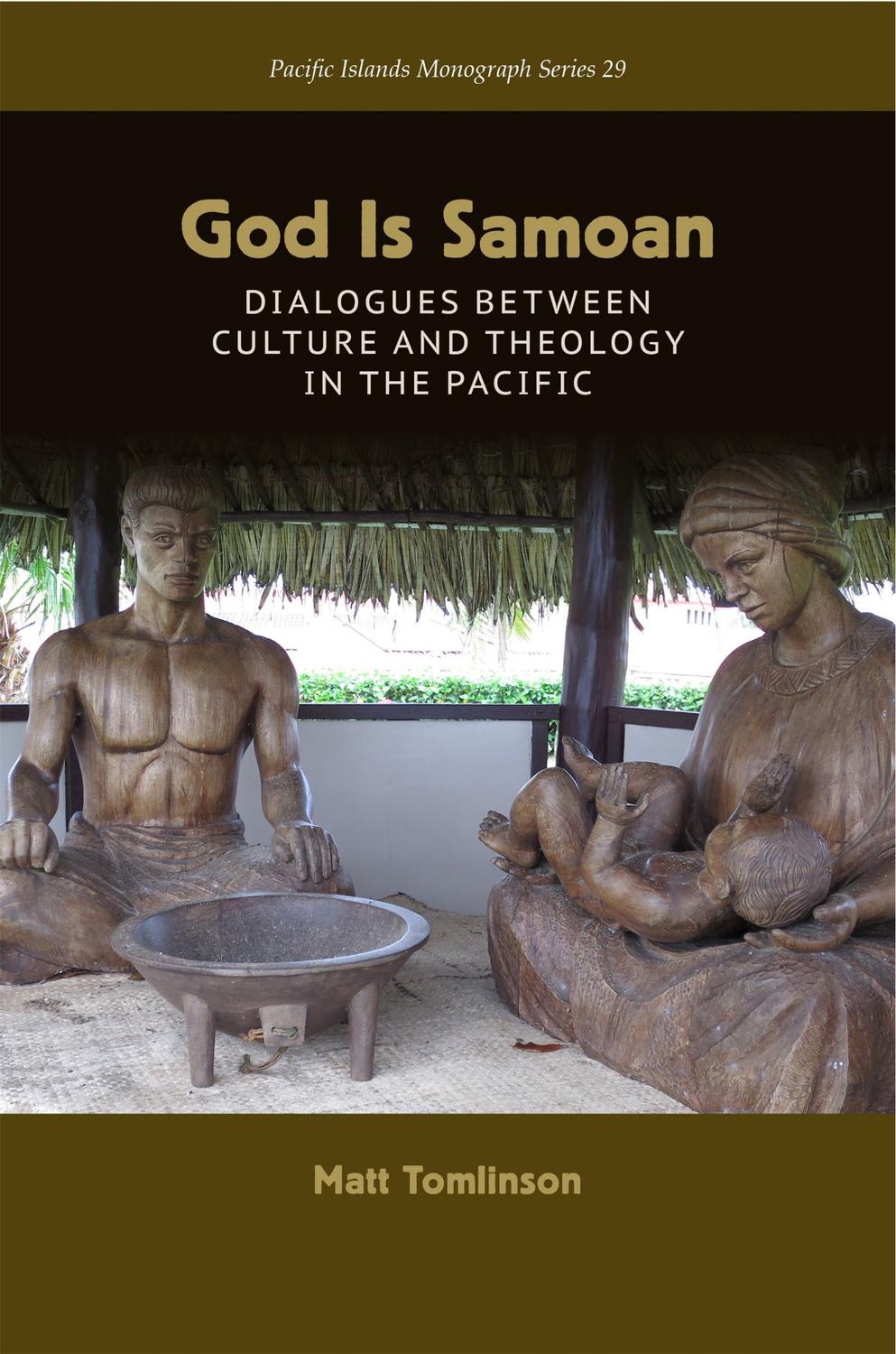
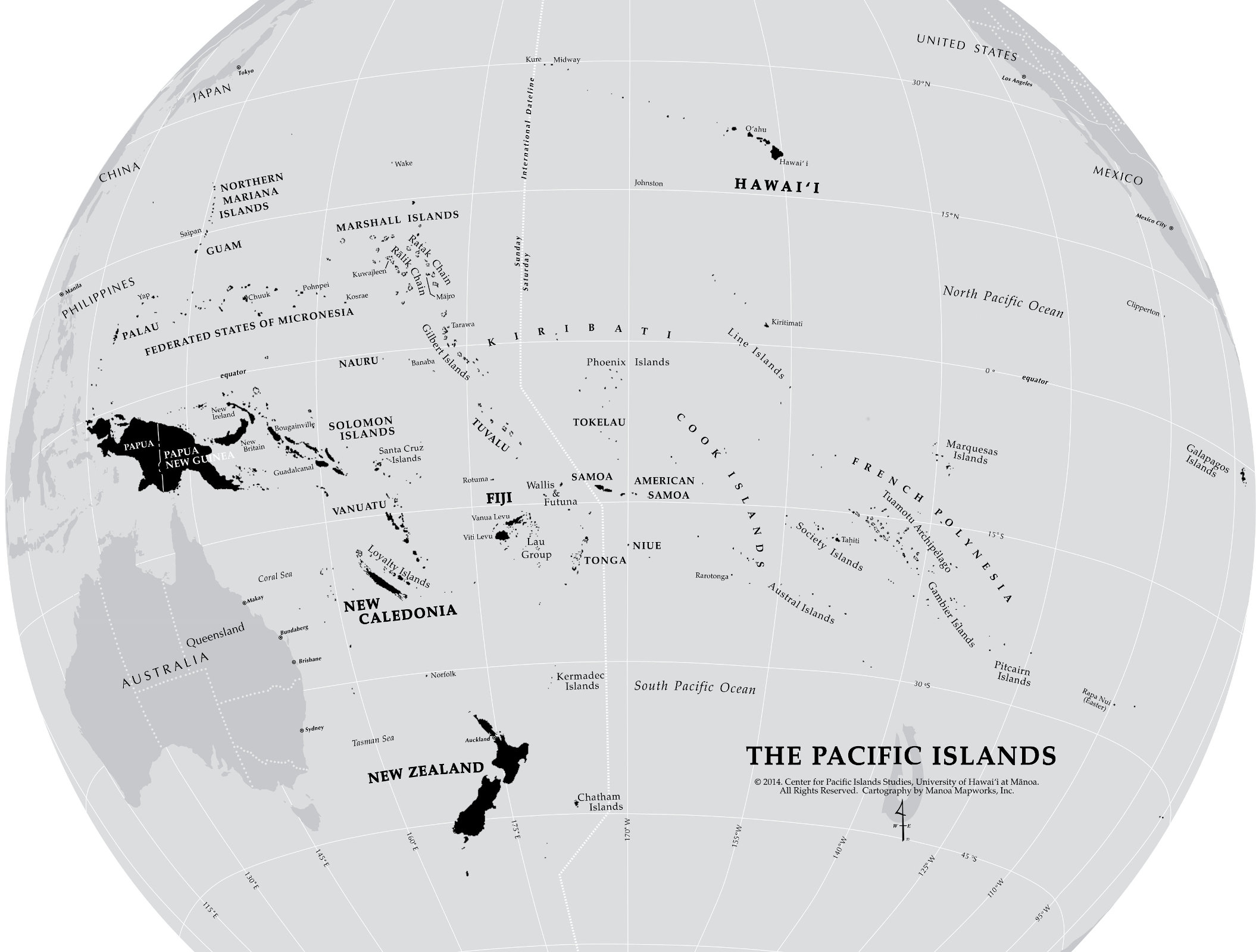
 Maps by Manoa Mapworks, Inc.
Maps by Manoa Mapworks, Inc.